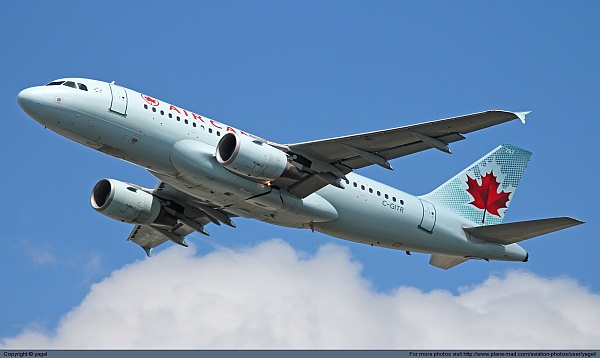Mexico City, Mexico — Last year Alaska Airlines ran some tests using a 20 percent biofuel blend; three days ago Air Canada upped the ante on green air-travel.
In an effort to showcase the aviation industry's global commitment to greener transportation, Air Canada used a biofuel composed of a 50/50 blend of jet fuel and old used cooking oil to power an Airbus 319 from Toronto to Mexico City.
The flight went without a hitch.
Eco-conscious "Greenies" have been powering their old Mercedes-Benz cars with used cooking oil for years, so with aviation fuel being quite similar to diesel, using the blend seemed like a natural fit. And, biofuel supplier SkyNRG says that by using the B50 blend, the plane's emissions were cut by at least 40 percent.
What is interesting is that, regardless of this peculiarity, the aircraft's systems need not be modified so as to be compatible with this new, environmentally friendly energy source.
The flight was part of an environmental demonstration by the International Civil Aviation Organization to coincide with Rio+20, a United Nations sustainable development conference in the Brazilian city of Rio de Janeiro.
"Today's flight with Air Canada proves that the aviation industry is in a strong position to reduce emissions," said president and CEO of Airbus Fabrice Bregier, "all we have to do is take a little time to look at the resources we have at our disposal."
"We need a clear endorsement by governments and all aviation stakeholders to venture beyond today's limitations. To make this an everyday commercial reality, political conviction is required to raise incentives to scale up the use of sustainable biofuels. It is also essential to reduce the amount of unnecessary flying time by accelerating the modernization of the air traffic management system," Bregier said.
With the prospect of oil prices staying high, biofuels are becoming a more attractive alternative for airlines seeking new ways to curb their fuel budgets.
Source: AFP


